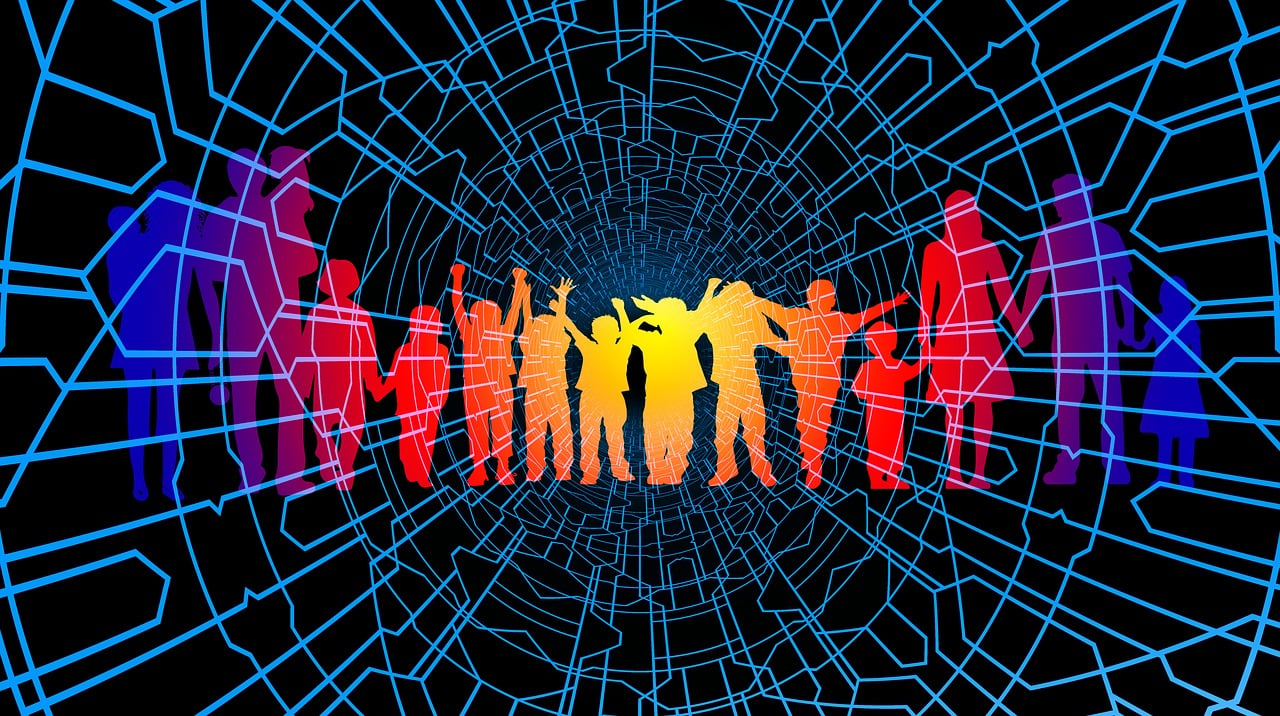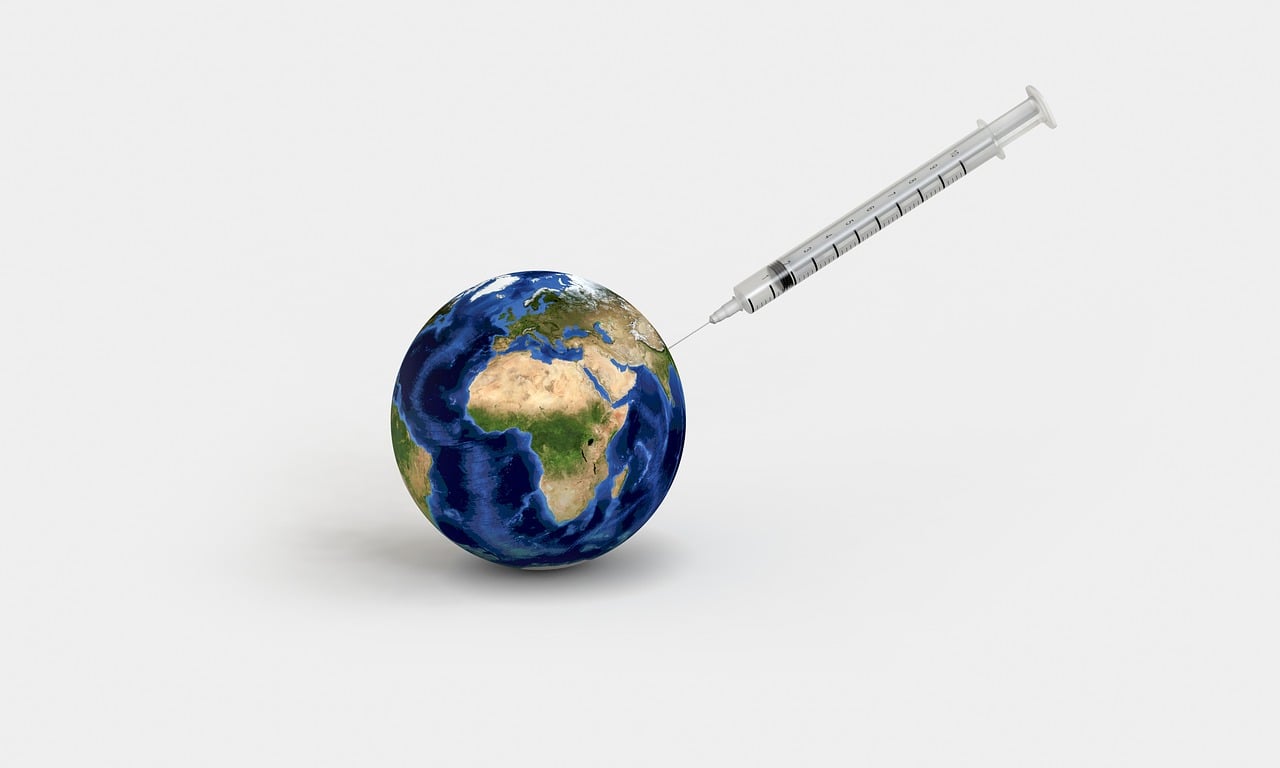关于新冠疫情的英语作文(关于新冠疫情的英语作文初中80字)
关于新冠疫情的英语作文
The Unprecedented Pandemic: A Global Health Crisis
In the dawn of the 21st century, humanity faced an unprecedented global health crisis that has reshaped our lives, economies, and social structures. The COVID-19 pandemic, caused by the novel coronavirus SARS-CoV-2, has not only claimed countless lives but has also brought about a seismic shift in the way we live, work, and interact with each other. This essay delves into the origins of the virus, its rapid spread across the globe, the measures taken by governments and international organizations to combat it, the impact on various sectors, and the lessons we have learned and must carry forward to prepare for future pandemics.
Origins and Early Days
The story of COVID-19 begins in late 2019, when reports emerged of a mysterious respiratory illness affecting individuals in the city of Wuhan, China. Initially labeled as the '2019 Novel Coronavirus' (2019-nCoV), the virus quickly became a public health emergency of international concern due to its rapid spread and severe symptoms, including pneumonia, fever, and in some cases, death. The World Health Organization (WHO) declared it a pandemic on March 11, 2020, marking a turning point in the global response to the crisis.
The Global Spread
The virus's ability to spread through human-to-human contact, primarily via respiratory droplets during conversations or coughing, facilitated its rapid global dissemination. Within weeks of the initial outbreak, cases were reported in multiple countries across Asia, Europe, and eventually, every continent except Antarctica. The lack of pre-existing immunity to the virus among the global population contributed to its unchecked proliferation. By the end of 2020, the virus had infected millions worldwide and caused a significant loss of life.

Government Responses and Public Health Measures
In response to the escalating crisis, governments around the world implemented stringent measures aimed at slowing the spread of the virus. Lockdowns, social distancing guidelines, mask mandates, and travel restrictions became the norm. These measures disrupted daily life, with schools closing, businesses shutting down or transitioning to online operations, and public gatherings banned. Additionally, healthcare systems were overwhelmed as hospitals dealt with a surge of critically ill patients.
The Economic Impact
The pandemic's impact on economies was profound and widespread. Global supply chains were disrupted, leading to shortages of essential goods and services. Job losses mounted as businesses struggled to stay afloat amidst reduced demand and operational constraints. The International Monetary Fund (IMF) estimated that the pandemic could cause a global economic contraction not seen since the Great Depression of the 1930s. However, some sectors, particularly those involving digital services and e-commerce, experienced growth as people turned to online platforms for their needs.
The Impact on Society and Mental Health

The pandemic's effects extended beyond physical health and economics into the realm of mental health and social dynamics. Isolation and uncertainty took a toll on individuals' mental wellbeing, leading to increased rates of anxiety, depression, and domestic violence. The closure of schools and social restrictions also exacerbated inequalities, particularly for vulnerable populations such as children, the elderly, and those with pre-existing health conditions.
Scientific Advances and Vaccines
Amidst the chaos, scientific advancements provided hope. Researchers around the world worked tirelessly to develop vaccines against COVID-19. By early 2021, several vaccines—including those from Pfizer-BioNTech, Moderna, and Oxford-AstraZeneca—had received emergency use authorization from regulatory bodies worldwide. These breakthroughs marked a significant step towards mitigating the pandemic's impact.
Lessons Learned and Future Preparedness

The COVID-19 pandemic has underscored the need for global cooperation in public health emergencies. Lessons from this crisis include the importance of early detection and response, robust healthcare systems, equitable access to vaccines, and strengthened public health infrastructure. It has also highlighted the need for digital resilience and innovation in times of crisis. As we move forward, investing in research for future pandemics, improving global health security, and fostering resilience in societies will be crucial.
Conclusion
The COVID-19 pandemic has been a defining moment in human history, revealing both our vulnerabilities and our resilience. It has tested our healthcare systems, economies, and social cohesion. While the road to recovery is long and fraught with challenges, the lessons learned from this crisis offer a path towards building a more resilient and prepared society for future pandemics. As we navigate this unprecedented time, it is crucial to remain vigilant, adapt our strategies as needed, and work together towards a common goal: protecting human life and well-being.
This essay provides a comprehensive overview of the COVID-19 pandemic's origins, global impact, government responses, economic effects, societal implications, scientific advancements, and lessons learned. It underscores the importance of collaboration and preparedness in mitigating future public health crises.





还没有评论,来说两句吧...